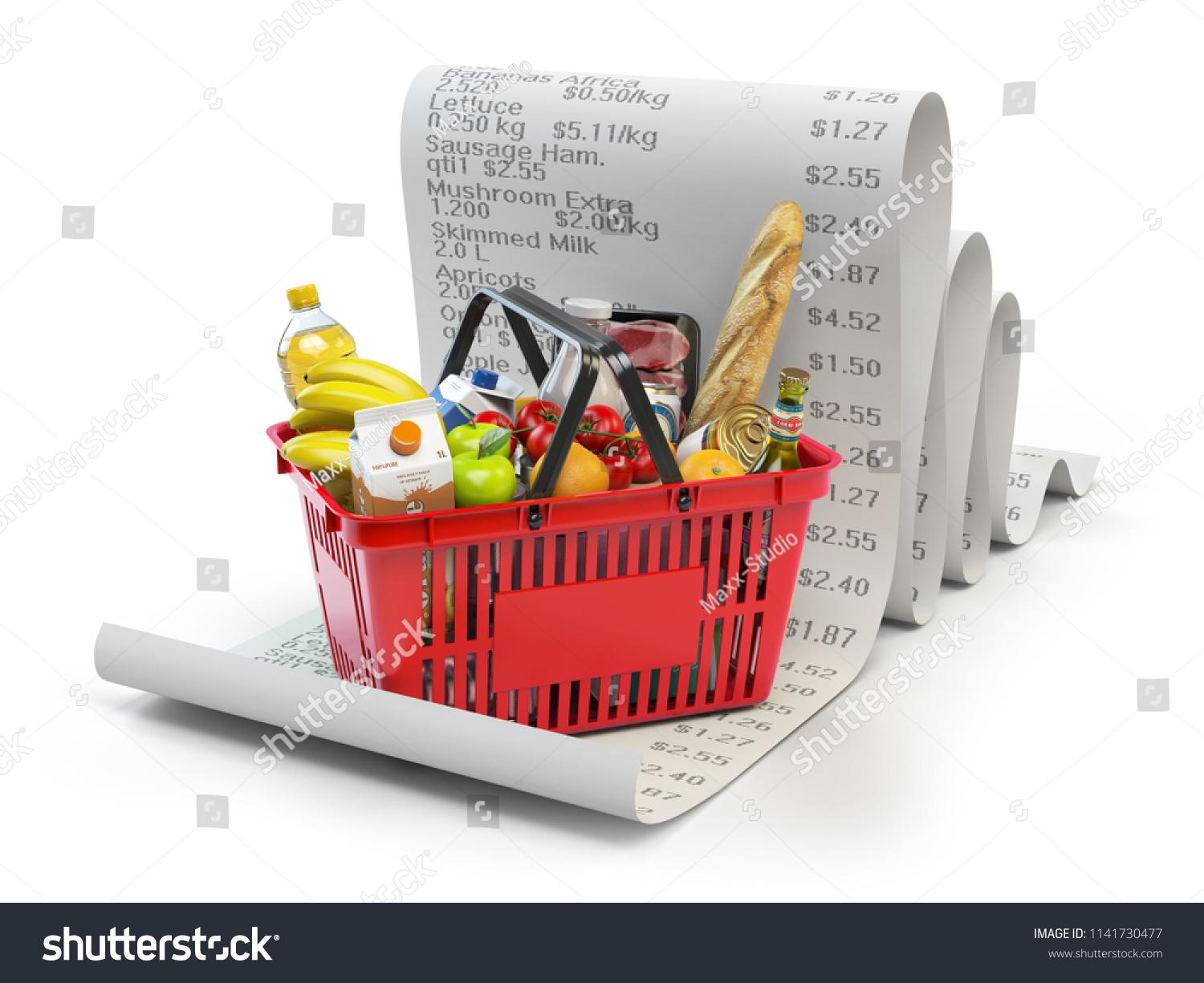Table of Contents
- Crafting a Practical Family Food Budget for Three in the UK
- Essential Tips for Reducing Grocery Expenses Without Sacrificing Quality
- Smart Meal Planning Strategies for Cost-Effective Family Dinners
- Exploring Affordable and Nutritious Food Options Locally
- Creative Ways to Cook Delicious Meals on a Tight Budget
- Q&A
- The Conclusion


Crafting a Practical Family Food Budget for Three in the UK
When it comes to planning your meals wisely, it’s essential to keep both sustainability and satisfaction in mind. Start by taking stock of what you already have at home. This means inventorying your pantry, refrigerator, and freezer. Knowing what’s on hand can be surprisingly effective in reducing needless purchases and minimizing waste. Also, try to organize your shopping into a bi-weekly schedule to align with paydays, making it an easier financial commitment to stick to. This method not only aids in tracking your expenses but also enhances the meal planning process by allowing you to bulk buy frequently used staples, which are often cheaper.
- Prioritize seasonal and local produce: Typically cheaper, these not only support your budget but also freshen up your meals.
- Batch cooking: Designate one or two days to cook meals that can cover the family for the week, freezing portions to maximize convenience and cut down costs.
- Flexibility is key: While it’s great to have a plan, the ability to adapt to grocery store deals and discounts can save you significant sums.
| Category | Weekly Budget (£) |
|---|---|
| Groceries | 50 |
| Dining Out | 20 |
| Miscellaneous | 10 |
Implementing a practical food budget doesn’t mean limiting creativity in the kitchen. With resources such as online recipe sites or cooking apps, you can find inspiration to transform basic ingredients into delicious dishes, all while sticking to your budget. Additionally, consider growing a small herb garden if possible, a decision that can shave a few pounds off your expenses and bring a fresher taste to every meal. By adopting thoughtful shopping habits and engaging in strategic meal planning, keeping your family of three well-fed and financially balanced becomes a less daunting task.


Essential Tips for Reducing Grocery Expenses Without Sacrificing Quality
| Leftovers | New Meal Ideas |
|---|---|
| Rice | Fried rice, rice pudding |
| Vegetable scraps | Stock, compost |
| Bread | Croutons, breadcrumbs |


Smart Meal Planning Strategies for Cost-Effective Family Dinners
Creating a cost-effective meal plan for a family of three in the UK doesn’t have to be daunting. One smart strategy is to focus on seasonal produce. Not only do seasonal fruits and vegetables often cost less, but they also provide fresh and flavorful nutrients. For instance, during autumn, consider incorporating butternut squash and apples, which are both abundant and economical. By planning meals around what’s in season, you can maintain variety and prevent boredom at the dinner table.
Another practical approach is to embrace bulk cooking and leftovers. Preparing larger quantities of meals like soups, stews, and casseroles can save both time and money. Portion these meals into individual servings and freeze them for those busy weeknights when cooking from scratch isn’t feasible. This technique helps ensure that you’re not wasting food, and it provides a quick solution when you’re short on time.
| Ingredient | Seasonal Availability | Typical Use |
|---|---|---|
| Butternut Squash | October – December | Soups, Roasting |
| Apples | September - February | Desserts, Salads |
| Leeks | November – April | Stews, Pasta |
Explore the fascinating world of ingredient swaps for dishes your family already loves. For example, swapping expensive cuts of meat for plant-based proteins such as lentils or beans can significantly lower costs. Lentils can effectively replace ground beef in a shepherd’s pie, and black beans can make a satisfying burger substitute. Additionally, zero in on whole foods rather than processed or pre-packaged items, as these tend to stretch your budget further while delivering more nutrients per penny spent.


Exploring Affordable and Nutritious Food Options Locally
When seeking out wallet-friendly ingredients that don’t compromise nutrition, farmers’ markets can be a treasure trove. These local markets often offer seasonal produce, meaning you get fresh fruits and vegetables packed with nutrients at competitive prices. Consider purchasing bulk staples such as potatoes, carrots, and onions that form the base of many hearty meals. Whether you’re whipping up a classic cottage pie or a comforting vegetable soup, these ingredients are versatile while staying easy on the pocket. Not to mention, your purchases support local farmers and contribute to a more sustainable food system.
Exploring stores specializing in bulk foods could also be an astute choice for budget-conscious shopping. In places like zero-waste shops or certain supermarkets, look for grains and pulses such as rice, lentils, and chickpeas. These ingredients can create various dishes such as curries, salads, and stews, ensuring you enjoy diverse meals throughout the week. To help manage your expenditure effectively, keeping an eye on discounts and loyalty schemes in these shops might offer further savings. Remember, switching to supermarket own-brands could significantly cut costs without sacrificing quality.
- Eggs: A great source of protein that can be used in numerous meals from breakfasts to dinners.
- Frozen vegetables: Economical and easily accessible, offering a long shelf life with as many nutrients as fresh ones.
- Pasta: An affordable staple that provides creative meal potential when paired with simple sauces or fresh ingredients.
| Ingredient | Price Range | Portions It Can Make |
|---|---|---|
| Pasta | £0.40 – £0.80 | 3-6 |
| Lentils | £1.20 – £2.00 | 6-8 |
| Eggs (dozen) | £1.50 - £3.00 | 6-12 |


Creative Ways to Cook Delicious Meals on a Tight Budget
Incorporating versatile ingredients into your meals is a fantastic strategy for staying within your financial means while ensuring variety and flavor for your family. Consider staples such as rice, pasta, and potatoes as the foundational elements of your dishes. These ingredients not only offer a base for numerous meals but also pair well with a plethora of sauces and vegetables. By purchasing in bulk, or opting for own-brand options, you can stretch your pound further without skimping on taste. Additionally, seasonal vegetables can be a cheaper option that will bring fresh flavors to your budget-conscious meals.
- Batch Cooking: Dedicate a day to cook large quantities of meals like curries, casseroles, or soups which can be frozen and reheated throughout the week.
- Flavorful Herbs and Spices: Enhance basic ingredients with affordable herbs and spices. They transform simple dishes without a hefty price tag.
- Creative Substitutions: Swap pricey meat cuts for protein-rich alternatives such as legumes or eggs. This not only cuts costs but can also result in surprising new family favourites.
To maximize your kitchen efficiency, consider organizing your grocery shopping around a weekly meal plan, taking advantage of local market deals, or markdowns on grocery items nearing their sell-by date. Here’s a simple example of a cost-effective meal plan:
| Meal | Ingredients | Cost Estimate |
|---|---|---|
| Pasta Primavera | Pasta, mixed vegetables, parmesan | £3 |
| Vegetable Stir Fry | Rice, seasonal vegetables, soy sauce | £2.50 |
| Chickpea Curry | Chickpeas, tomato sauce, spices | £2 |




0 Comments